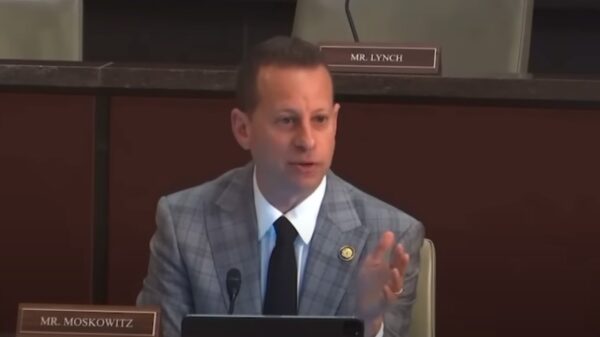Florida State University (FSU) has lost over $53 million in federal funding due to significant cuts made by the Department of Government Efficiency (DOGE), as reported by university spokesperson Amy Farnum Patronis. As of May 23, a total of 54 federal grants and contracts have been terminated.
Earlier in May, the university faced an even larger potential loss estimated at $102 million. However, after appealing to the National Institutes of Health, FSU successfully reinstated funding for the Adolescent Medicine Trials Network for HIV/AIDS Interventions (ATN), which is based at the university’s Scientific Leadership Center. This appeal restored more than $50 million in research funding.
Despite this partial recovery, the university continues to struggle with funding shortfalls from various federal sources. The canceled grants were awarded by several agencies, including the National Endowment for the Arts, the National Endowment for the Humanities, the National Science Foundation, the U.S. Department of Agriculture, the Department of Education, USAID, and the Institute of Museum and Library Services.
FSU has submitted over 10 formal requests for federal agencies to reconsider the cuts. Lisa Hightow-Weidman, director of the ATN and the university’s Institute on Digital Health and Innovation, emphasized that the ATN is not a diversity, equity, and inclusion (DEI) initiative; rather, it is a research effort grounded in epidemiological data aimed at addressing urgent public health issues affecting U.S. adolescents and young adults.
“These programs address disease burden and healthcare disparities based on data, not arbitrary categories,” Hightow-Weidman stated.
In a broader effort to reform state and federal spending, Florida has initiated its own DOGE-led review of public universities. In February, Governor Ron DeSantis announced a one-year initiative to evaluate and eliminate 70 state boards and commissions, cut 900 government positions, and require universities to undergo independent audits and grant reviews.
By April, DOGE had already withdrawn $680 million in healthcare-related grants from various Florida institutions. In late March and early April, the governor’s office contacted universities statewide, requesting detailed information on current grants, their research purposes, and staff allocations. Responses were required by April 30.
It remains unclear whether the recent funding cuts will lead to staff reductions at FSU. The university has not yet confirmed how the loss of grants will impact faculty or research operations moving forward.
In a public statement, Hightow-Weidman defended the ATN’s significance, noting that the program has played a crucial role in developing life-saving HIV prevention treatments, including pre-exposure prophylaxis (PrEP).
By April, the Department of Government Efficiency had terminated $680 million in health care grants to state agencies and universities in Florida. Additionally, Florida’s own version of the Department of Government Efficiency is reviewing the state’s universities and their grants. In February, Governor Ron DeSantis announced that over the course of one year, the state aims to dissolve 70 state boards and commissions, eliminate 900 positions, require universities to undergo independent reviews and audits, and examine local government expenditures.
In late March and early April, the governor’s office sent letters to universities requesting information about their awarded grants, as well as the purposes of their research and staffing. The deadline for submitting this data was April 30.






















